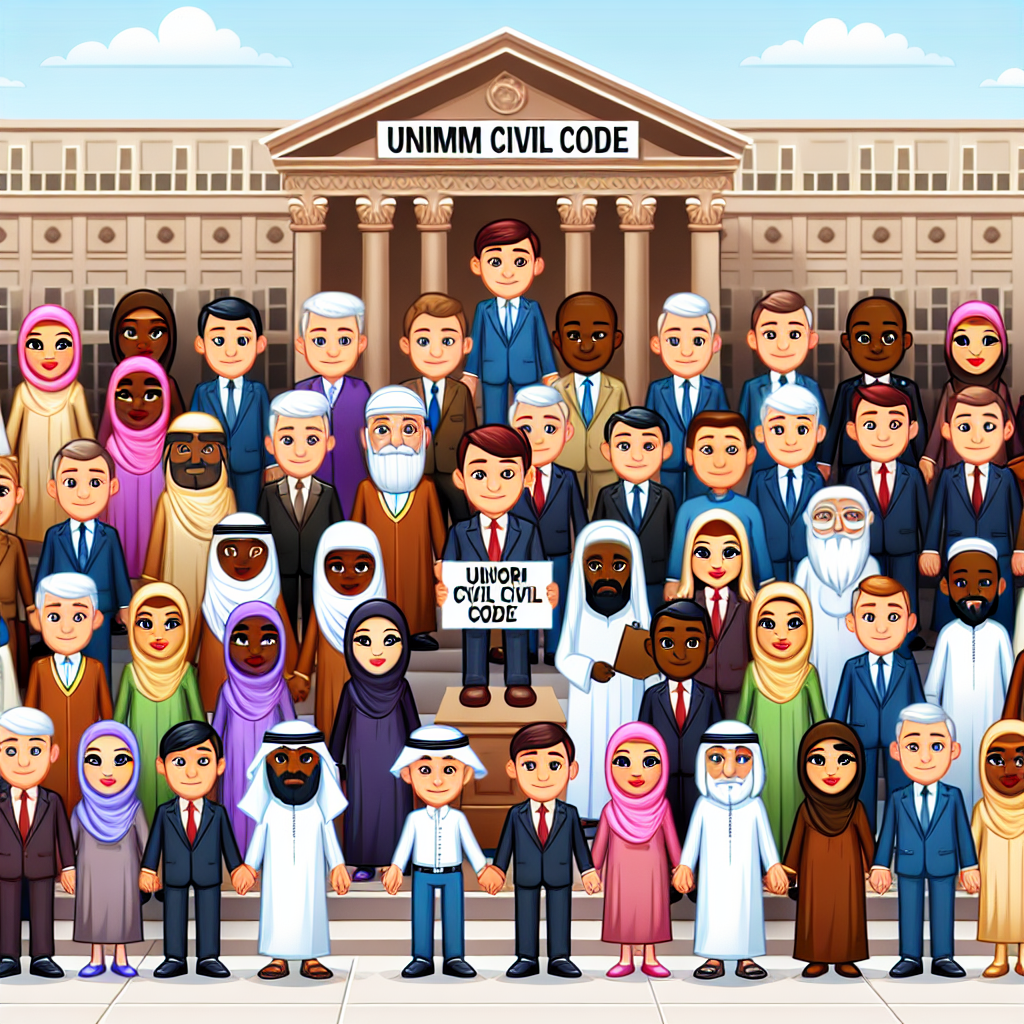Uniform Civil Code: Balancing Tradition and Legal Clarity
The Delhi High Court has reignited the debate on implementing a Uniform Civil Code (UCC) in India, highlighting the conflict between customary laws and national legislation. This arises from a case involving a Muslim marriage where the husband sought bail amidst charges under the POCSO Act and BNS.

- Country:
- India
The Delhi High Court has raised important questions about the necessity of a Uniform Civil Code (UCC) in India, emphasizing the conflicts that arise between personal laws and national legislation. This comes after the court granted bail to a man accused of rape and kidnapping, who married under Islamic law.
The ruling emerged as the court evaluated the case of a man claiming his wife was 20 years old while the prosecution alleged she was between 15 and 16 years old. The court noted that under Islamic law, a girl is marriageable upon reaching puberty, but this conflicts with India's POCSO Act and Bharatiya Nyaya Sanhita (BNS), which criminalize such marriages.
In its judgment, the court called for legislative clarity and highlighted the need for a pragmatic approach, possibly a Uniform Civil Code, to balance religious freedom with protecting children from forced marriages. The legislative body is urged to find a solution that respects individual rights and promotes societal harmony.
(With inputs from agencies.)










